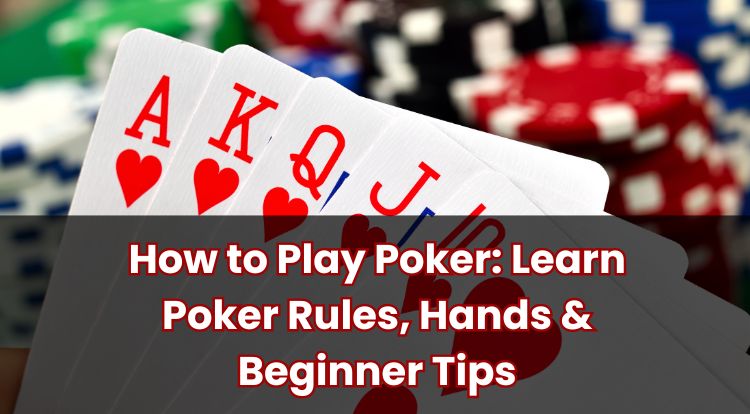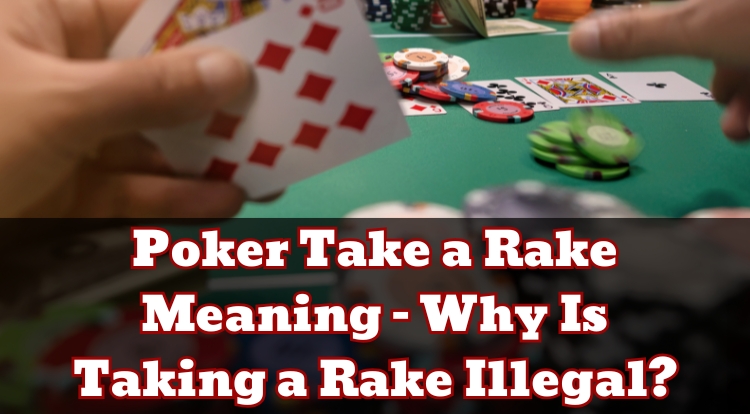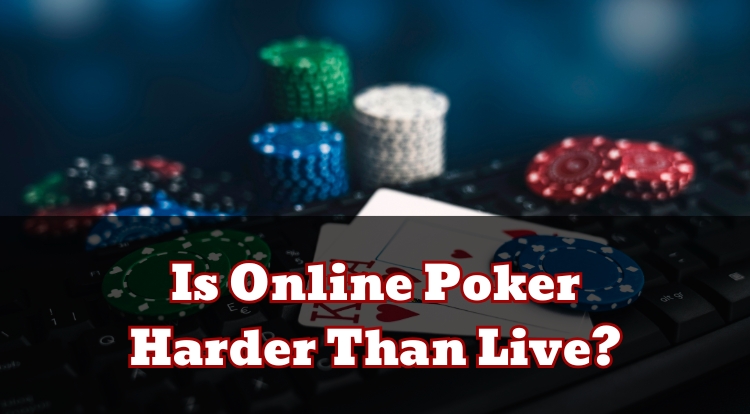Why Do Poker Players Wear Sunglasses, Visors or Headphones?
Sitting at a poker table may reveal more than just how someone plays. If you pay attention, you might notice players wearing sunglasses, visors, or headphones, whether they’re taking part in a live tournament or an online game.
At first, these items can look like simple style choices or ways to stay comfortable. In practice, they often serve subtler purposes that influence how a player experiences the game and how others perceive them.
In this blog post, we’ll take a closer look at why these accessories appear so often in poker and how they might affect the table dynamic. Read on to learn more.
How Do Sunglasses Help Poker Players During a Game?
Sunglasses tend to be one of the first things people notice at a poker table. The eyes may reveal far more than intended—even a small flicker of movement may suggest a thought. For someone choosing to play, sunglasses add a layer of privacy to those signals.
What they do best becomes clearer once the lighting of a poker room is considered. Bright lamps, reflective chips, and camera setups may strain the eyes, and tinted or mirrored lenses soften that glare. In a long tournament or televised setting, this may help a player stay composed, especially in later stages when decisions arrive quickly.
However, the eyes are only one piece of what others might observe. Breathing patterns, gestures, and how someone handles their chips might still give away plenty. Because of that, some players focus on these other clues instead. Most venues allow sunglasses, although individual houses may have specific requirements, particularly if identification or broadcast footage is involved.
For those who prefer to keep their eyes visible but still want to address the same lighting issue, visors offer another path.
What Is the Purpose of Wearing Visors at the Poker Table?
Visors might appear simpler, but they meet a need that sunglasses only partly address. They cut the glare from above while keeping the eyes uncovered, which helps some players maintain a clearer line of sight. When the lights are strong or the table is glossy, that small shade may make tracking chips and cards easier.
They also introduce a softer form of privacy. The shadow cast by the brim gently masks subtle facial changes—something already touched on in the section about sunglasses, but handled here in a lighter way. A visor doesn’t hide the face, so it suits those who prefer openness while still easing visual strain.
Fit becomes important, too. A visor that shifts or needs constant adjustment may interrupt attention, which is rarely ideal if you’re playing and want to stay focused on the flow of the hand. Tournament organisers usually request that players’ faces remain visible for both fairness and recording purposes.
And while sight is a major part of the experience, sound carries its own challenges. That’s where headphones begin to appear.
Why Do Some Poker Players Use Headphones While Playing?
Poker rooms may be lively places, filled with voices, chips, and background noise. For someone who chooses to play, this might either build atmosphere or become overwhelming. Headphones offer a way to shape that environment—first by quieting the surrounding sounds, and later by introducing a personal background, whether through music or neutral noise.
This steady audio layer may help sustain concentration across long periods, acting as a small mental pause between hands. It may also provide a sense of calm when the table grows tense. Still, presence at the table remains essential. Dealers announce actions and updates, and every player is responsible for following what’s happening in real time.
Venues may set their own rules, such as keeping volume low, leaving one ear uncovered, or removing headphones during key stages. Choosing to use them also involves a trade-off: they may reduce exposure to casual conversation or subtle cues that reveal how others are thinking. Because poker involves interaction as much as decision-making, this balance may affect how a player is perceived.
As always, if you’re playing, remember to take regular breaks and gamble responsibly.
Do Sunglasses, Visors, and Headphones Affect Opponents’ Perception?
By this point, the pattern becomes clearer—each accessory shapes how others read the wearer. Sunglasses and visors may make someone seem measured and difficult to interpret, which may alter how opponents decide to act. Some might become more cautious, while others could push harder in hopes of prompting a reaction.
Headphones, meanwhile, often signal a wish to concentrate or keep social exchanges minimal. That may change the energy around a player: the table might grow quieter, or conversations might move elsewhere. In larger or televised tournaments, organisers sometimes restrict face coverings or request clearer visibility, showing how presentation and practicality meet within the modern game.
Even so, these items only influence perception. The real outcome still depends on decisions at the table—things like timing, position, and how situations are read across many hands.
If you choose to play poker or any other casino game, always do so with responsible gambling practices in mind, and never wager more than you are willing to lose.
Play Casino Games Online at Red Casino
If you’re curious about licensed online casino games, we at Red Casino provide a wide variety to explore. Regulated by the UK Gambling Commission (UKGC), our games and processes are regularly tested, so you can be assured that the experience is fair and monitored.
You can try a range of games, including slots and classic table games like roulette, blackjack, and baccarat. If you enjoy the atmosphere of a live studio, our real dealer tables let you join in from your screen. Prefer to play at your own pace? Our Random Number Generator (RNG)-based games are available whenever you like.
We also offer features to help you keep track of your activity, such as deposit limits, time reminders, and account tools. Our goal is to make playing with us clear, straightforward, and comfortable for you.
Feel free to make an account with Red Casino, deposit some funds to play with and explore the range of games we have available in a secure setting.
**The information provided in this blog is intended for educational purposes and should not be construed as betting advice or a guarantee of success. Always gamble responsibly.




